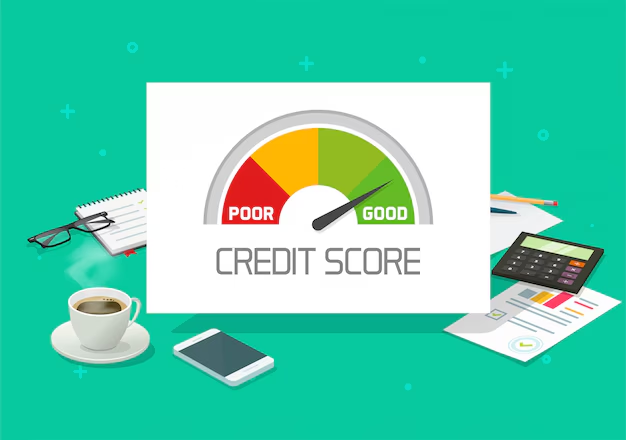Credit cards have become an integral part of modern financial systems, offering convenience and flexibility in managing expenses. However, understanding how your credit card limits affect your spending habits and credit score is crucial for maintaining financial health. Let’s delve into the impacts and strategies to use your credit card limits wisely.
Understanding Credit Card Limits
A credit card limit is the maximum amount a cardholder can spend on their credit card. This limit is determined by the credit card issuer based on factors such as your income, credit history, and financial stability. While a high credit limit offers the flexibility to make larger purchases, it comes with the responsibility of disciplined spending.
How Credit Card Limits Influence Spending

- Psychological Impact: A higher credit limit can create a false sense of financial freedom, leading to overspending. Conversely, a lower limit can act as a natural spending cap.
- Budgeting Challenges: With more available credit, individuals might exceed their planned budgets, leading to financial strain or increased debt.
- Emergency Fund Reliance: Some people rely on their credit cards as emergency funds. While this can be useful in genuine emergencies, it might lead to unplanned borrowing if limits are stretched.
Effects on Your Credit Score
- Credit Utilization Ratio: This ratio is calculated by dividing your credit card balance by your credit limit. A high utilization ratio negatively impacts your credit score, while keeping it below 30% is considered optimal.
- Payment History: If higher spending leads to difficulty in timely repayments, it can adversely affect your credit score, as payment history constitutes a significant portion of credit scoring models.
- Creditworthiness Assessment: Lenders often view a high credit utilization rate as a sign of financial distress, which might affect your ability to secure loans or additional credit in the future.
Benefits of Managing Credit Card Limits Wisely
- Enhanced Credit Score: Maintaining a low utilization ratio positively influences your credit score.
- Controlled Spending: Setting personal spending caps can prevent overspending and encourage better budgeting.
- Financial Stability: Disciplined use of credit ensures a balanced financial life, reducing dependency on credit cards for day-to-day expenses.
Conclusion
Credit card limits significantly impact both your spending habits and credit score. By understanding these dynamics, you can leverage your credit card as a powerful financial tool rather than a liability. Responsible use of your credit limits, coupled with regular repayments and mindful spending, will pave the way for better financial health and a stronger credit profile.
FAQs
Q. How does my credit card limit affect my credit utilization ratio?
Your credit utilization ratio is the percentage of your credit limit that you’ve used. A high limit allows you to maintain a lower utilization ratio, which positively impacts your credit score.
Q. Can a high credit card limit lead to a lower credit score?
Not directly, but if a high limit tempts you into overspending, leading to missed payments or high utilization, your credit score could be negatively affected.
Q. Should I request a credit limit increase?
Yes, if you can manage it responsibly. An increased limit can lower your utilization ratio, but ensure you don’t fall into the trap of spending more than you can repay.
Q. Does closing a credit card with a high limit impact my credit score?
Closing a card reduces your overall available credit, which can increase your utilization ratio and negatively affect your credit score. Consider alternatives before closing a card.
Q. How often should I review my credit card limits?
It’s advisable to review your limits annually or whenever your financial situation changes significantly. This helps in optimizing your credit utilization and overall credit health.
